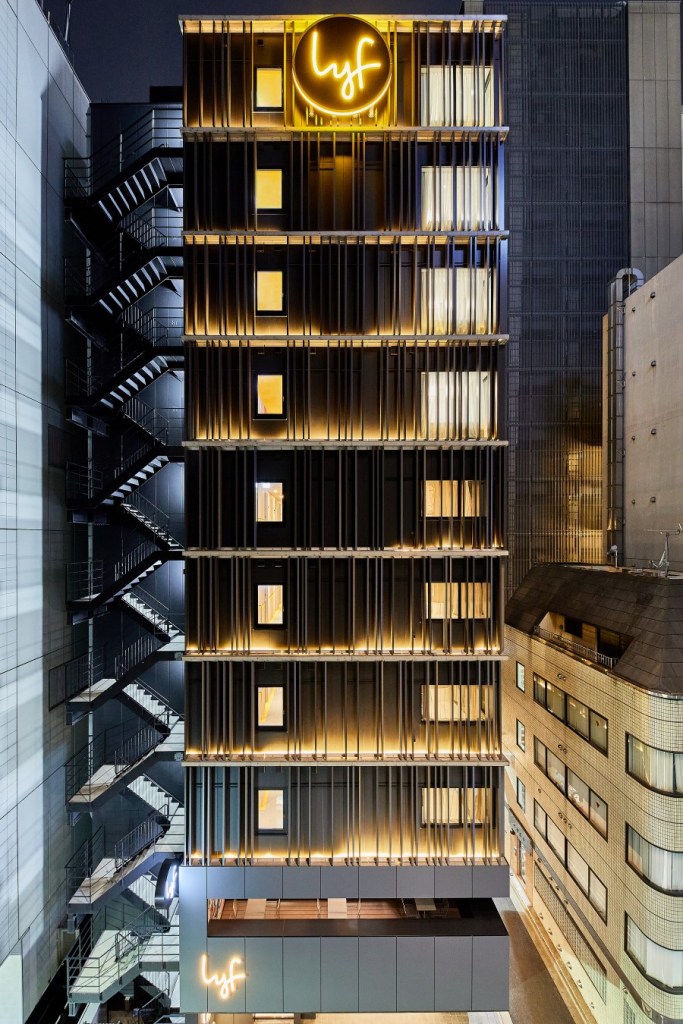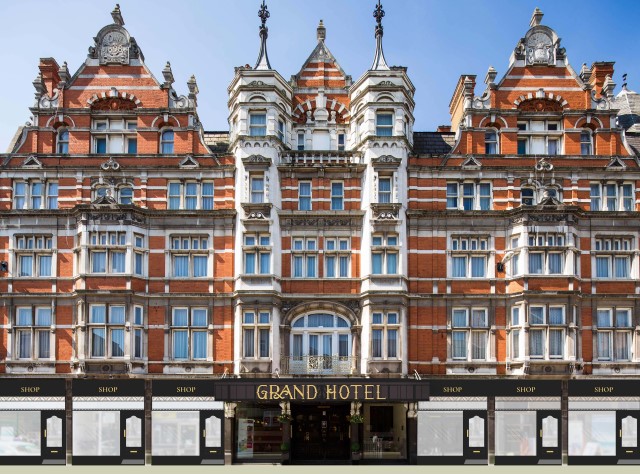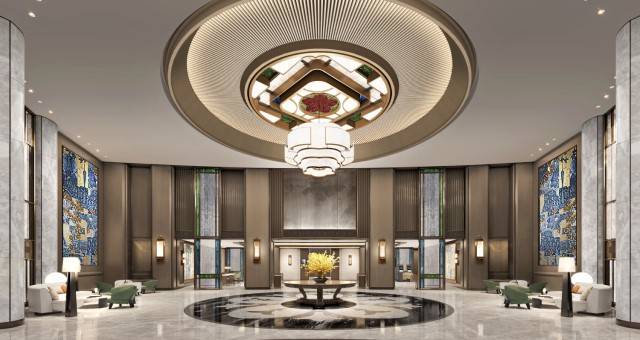The Ascott Limited is embarking on a significant asset enhancement initiative across its portfolio, particularly in Europe. The company is accelerating its expansion, having already signed six new projects in the first half of this year, which has increased its European portfolio by 14%.
One of the major refurbishment projects is the Cavendish Hotel in London, which will become the first in the UK to join The Crest Collection upon its relaunch in 2026.
Strengthening brands like The Crest Collection, Unlimited Collection, Lyf, and Citadines is a primary focus for Ascott. According to Chief Growth Officer Serena Lim, conversions will be crucial for rapid expansion.
“In Europe, there are many beautiful heritage properties suitable for adaptive reuse, and we will consider managing them under our renowned collection brands,” Lim stated during a media conference earlier this year.
“Our co-living brand, Lyf, allows us to creatively optimize spaces without sacrificing guest experiences,” Lim added.
Leading Ascott’s design strategy is Teng Wui Leong, the Chief Design and Technical Officer. A graduate of Harvard University and the National University of Singapore, Leong has been with the company for nearly 14 years.
“Asia presents many opportunities for straightforward greenfield development, while Europe is much more developed,” Leong explained.
“Japan exemplifies this, as in many historic cities like Tokyo, obtaining large-scale developments is challenging, but there is a willingness to accept smaller unit sizes.”

“At Lyf Ginza, rooms are 13 square meters, which is quite standard in Tokyo,” he continued.
This new approach represents a shift for the company, which has traditionally focused on long-stay serviced apartment accommodations.
“We have observed significant changes in travel behavior post-COVID, particularly with the rise of the digital nomad,” Leong noted.
“We discovered that our long-stay model could also be adapted to accommodate short-stay guests.”
“Our goal is to incorporate elements from our serviced apartment identity into a flexible hybrid hotel-in-residence concept at Lyf and Citadines, enabling guests to enjoy hotel amenities while having the option to self-cater.”

“For conversion projects, we need to be innovative in incorporating kitchen facilities, such as a washer/dryer, where space is limited.”
“In some cases, these utilities may be located outside the room, perhaps down the corridor.”
By selecting the right furniture and amenities, we can later add elements like a minibar or smart fridge based on changing traveler preferences.
Leong mentioned that the company continually explores new concepts at an innovation hub within Ascott’s Center of Excellence in Singapore.

“We are constantly testing new trends, technologies, and products that could benefit our properties,” Leong emphasized.
“We also collaborate closely with our Singapore properties to obtain practical feedback from end-users.”
In a unique partnership with Singapore Management University (SMU), Ascott renovated part of the student center, allowing them to test various materials and experiential elements to understand how people relate to a brand.
Leong highlighted that storytelling is crucial for enhancing guest experiences at Ascott properties, especially in the distinctive independently owned hotels that are part of The Unlimited Collection and The Crest Collection.
“Guests want to feel a connection to the places they visit, which is why we are enhancing experiential elements in our properties,” Leong explained.
“For each property in The Crest Collection, we start with its story.
“We engage a brand consultant to collaborate with our design consultant, property team, and brand colleagues to develop and refine the storyline before beginning any design work.”



